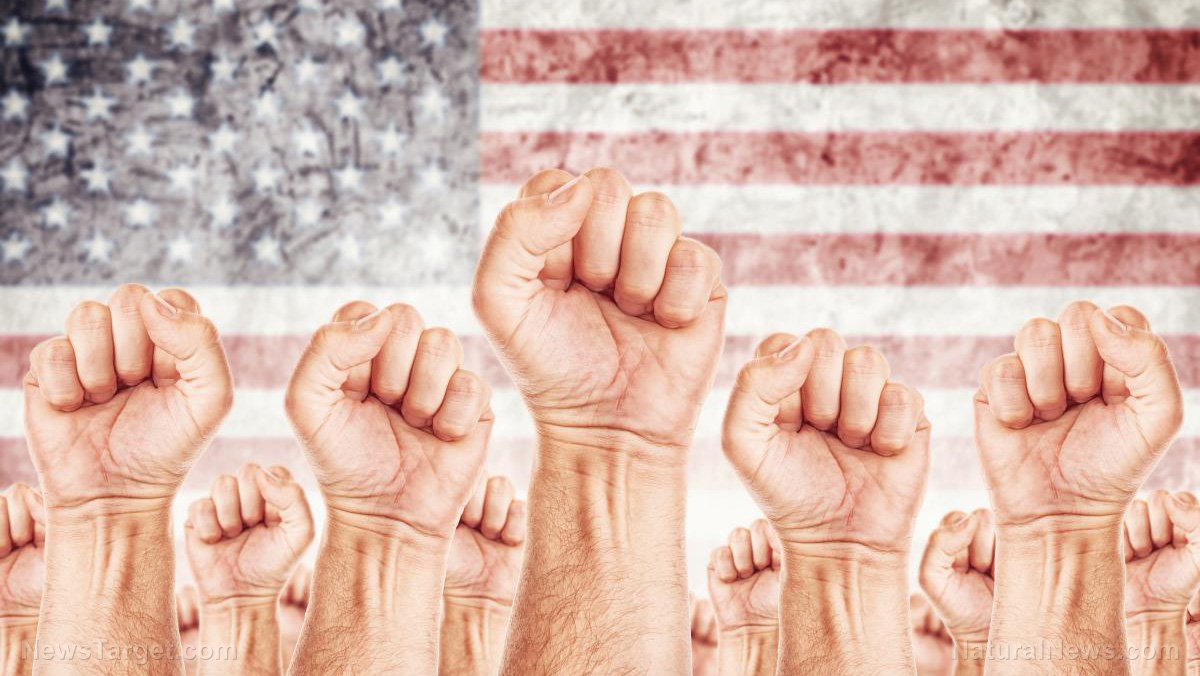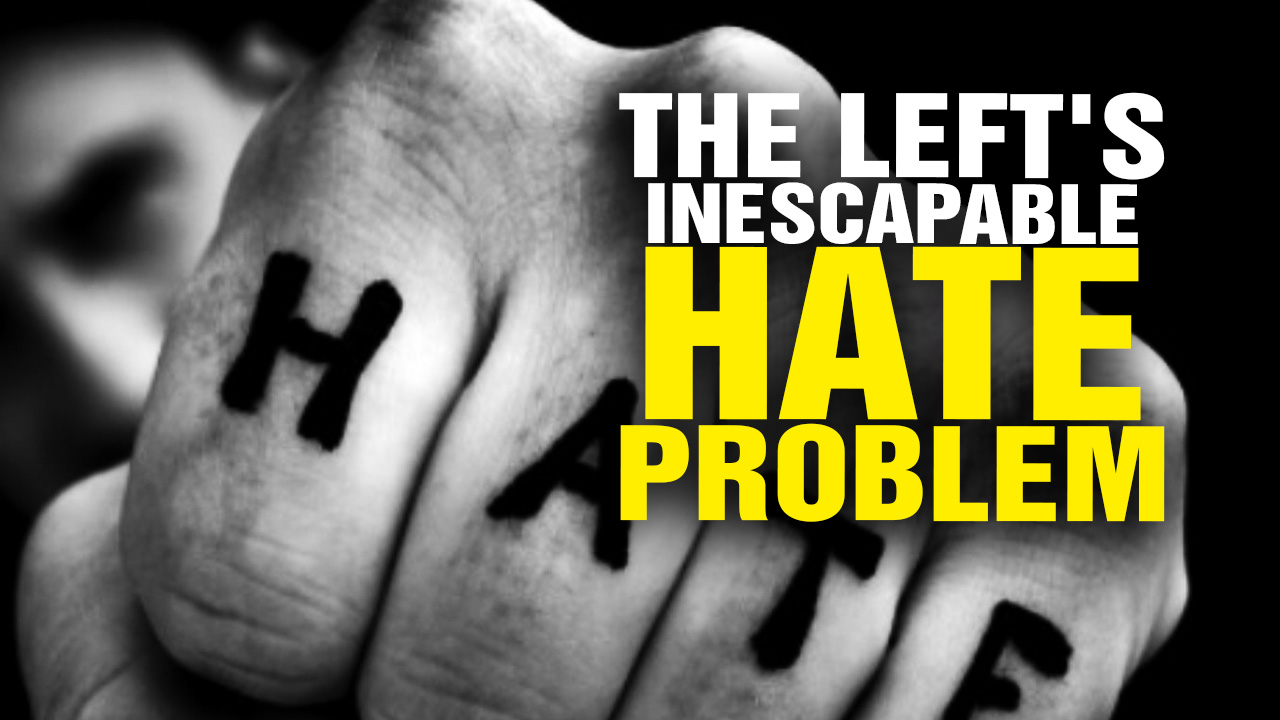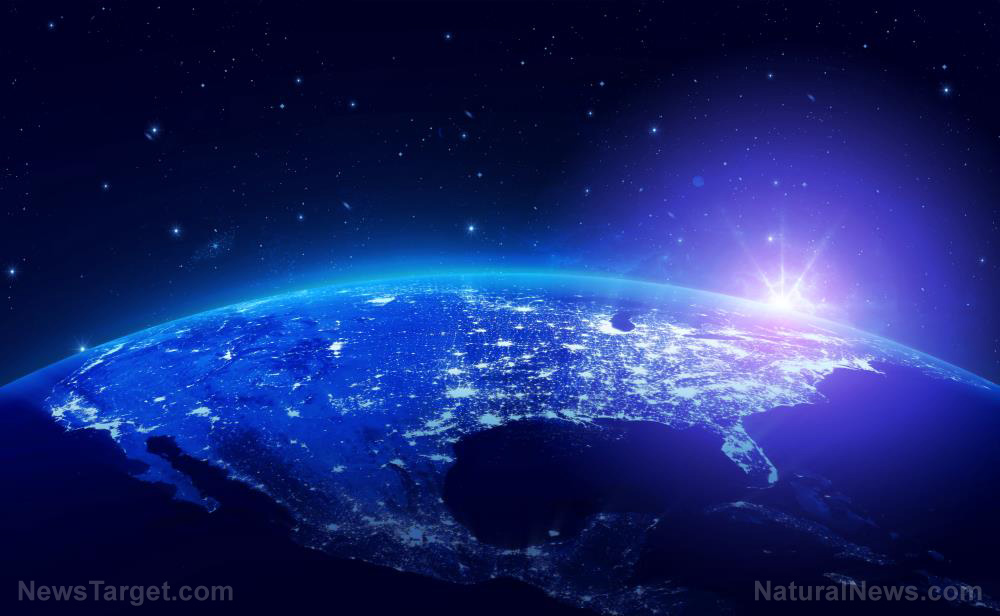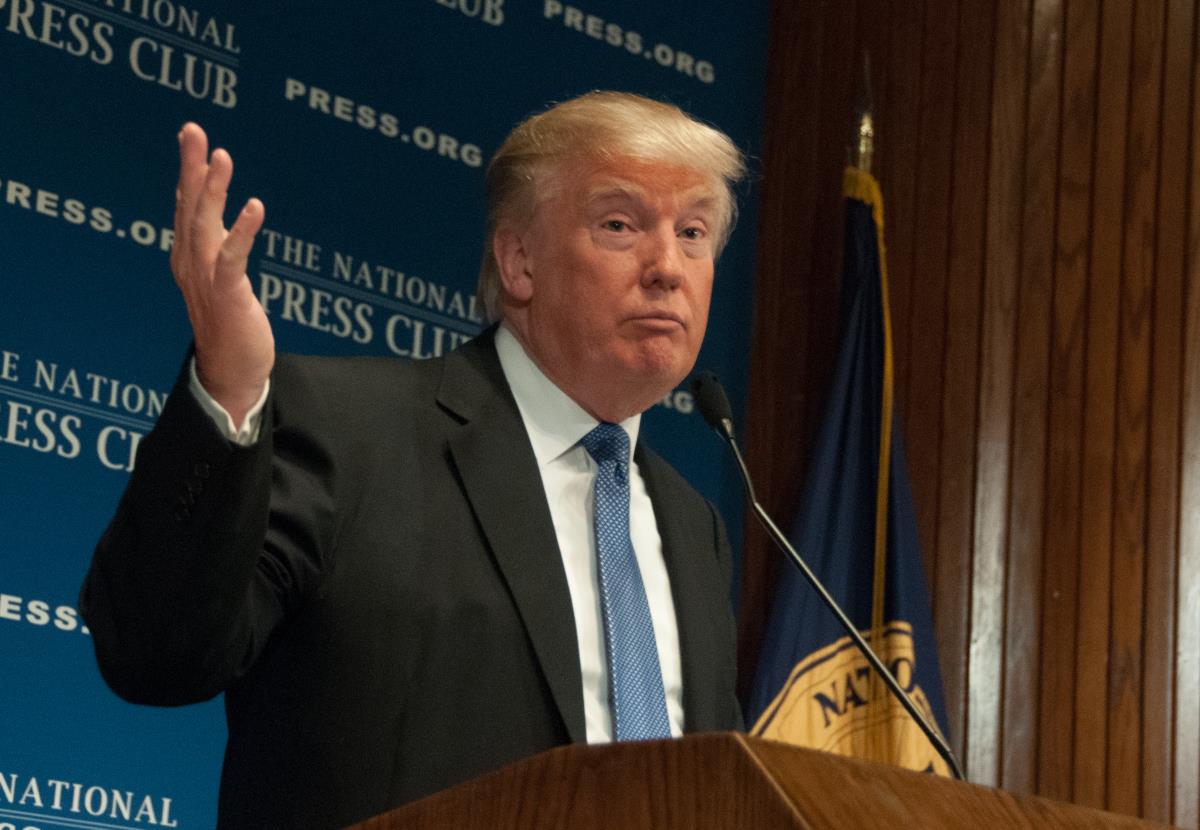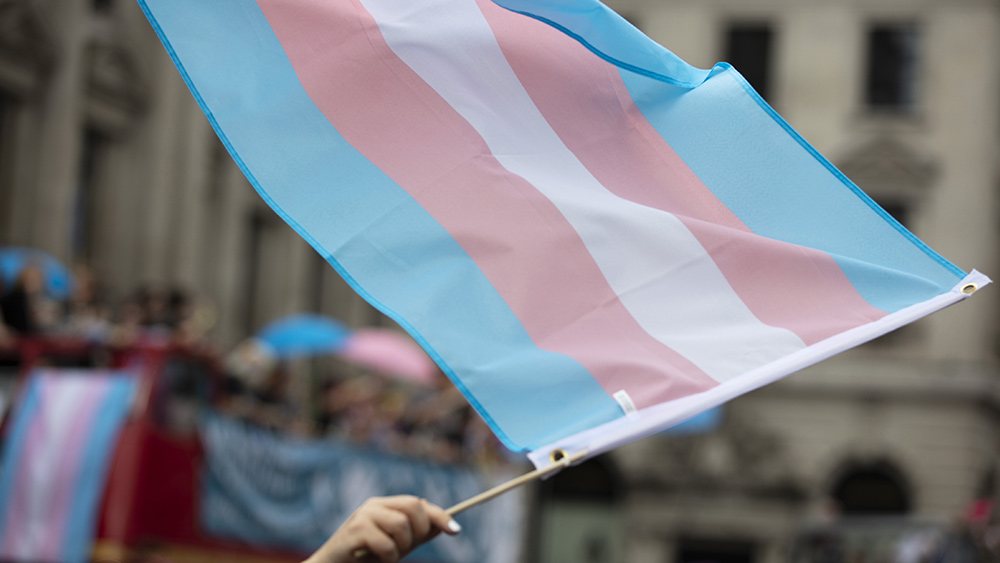Establishment media now openly pushing tech giants to censor all independent media
12/03/2019 / By Tracey Watson

The very first amendment to the U.S. constitution deals with the sensitive subject of freedom of speech, and it is sacred to many people, who feel that the 1st amendment protects their religious, ethical and other freedoms. The right to have your own opinion and express it freely is something cherished by most Americans.
Nonetheless, freedom of speech is under attack, not just in the United States, but across the globe. Countries like China are famous for openly censoring the exchange of ideas and information that they deem to be unacceptable or threatening.
But controlling what people see and hear has become far more difficult since the advent of the Internet, which is now the world’s largest platform for free speech. And not everybody is in favor of the way in which the Internet provides information to the masses. Many feel threatened by the ease of access that people now have to ideas that defy mainstream propaganda.
The official narrative on things like pesticide use, chemical drugs, vaccinations, etc. is being fiercely challenged by the independent media, and the mainstream media, governmental authorities, and others are not taking it lying down. Censorship is becoming increasingly widespread on the Internet, and tech giants like Google and Facebook are grabbing more and more control over what we are and are not allowed to read and view online.
A call to ramp up censorship
While journalists will generally fight tooth and nail to protect free speech, even respected members of the media have fallen prey to the idea that the Internet should be a strictly censored source of information.
The Epoch Times recently reported:
In a recent report, CBS News pressed the head of YouTube to intensify censorship of content the report called “questionable,” “controversial,” and “harmful.”
While YouTube has been hammered by a plethora of independent content creators for hamstringing speech on its platform, CBS’s “60 Minutes” correspondent, Lesley Stahl, seemed to come from the opposite direction, questioning why the company doesn’t do more.
One of the issues that journalists like Ms. Stahl have with YouTube is that they feel its rules regarding harmful content are too vague, allowing questionable and controversial content to slip through. However, while some feel that YouTube is not doing enough to censor its content, many feel that its vague “harmful content” rules actually result in unnecessary censorship. (Related: New alternatives to Twitter, Google, Facebook rapidly emerging — These sites won’t censor you.)
“I can attest that, regardless of the commitments, the impact of any policy that restricts such inherently vague, subjectively defined categories of speech as ‘political’ or ‘harmful’ inevitably has an adverse impact on free speech,” warned Nadine Strossen, law professor and former president of the American Civil Liberties Union. “It suppresses too much speech that is important, especially in a democracy, and it inevitably is enforced in a way that is arbitrary at best, discriminatory at worst, disproportionately silencing the views/voices of those who lack political/economic clout.”
Stahl also hit back at YouTube’s handling of hate speech, saying that they had waited too long to tighten their policy in this regard.
While she feels that YouTube took too long to ban what she calls hate speech, however, proponents of free speech insist that YouTube is labeling speech it does not agree with for ideological reasons as “hate.”
The Epoch Times reported:
YouTube’s “hate speech” policy is tailored to prohibit expressions of supremacy, since the ideology of supremacy is viewed as potentially leading to harm. But the policy is blind toward ideologies of equality, which have proven even deadlier, said Michael Rectenwald, former liberal studies professor at New York University, in his recent book “Google Archipelago.”
There’s also evidence that YouTube’s “hate speech” policy is influenced by the quasi-Marxist intersectional theory, where people are lumped into “oppressed” and “oppressor” categories, based on general criteria such as skin color, gender, and sexual behavior.
As can be seen from these two opposing points of view about how YouTube is handling censorship on its platform, tech giants have way too much power in their hands when it comes to controlling the information we are allowed to receive. And everyone, on both sides of the argument, is using the concept of “censorship” to justify their point of view. Learn more at Censored.news.
Sources include:
Tagged Under: Big Tech, Censorship, free speech, freedom of the press, internet, mainstream media, mainstream propaganda, YouTube
RECENT NEWS & ARTICLES
COPYRIGHT © 2017 RESIST NEWS


